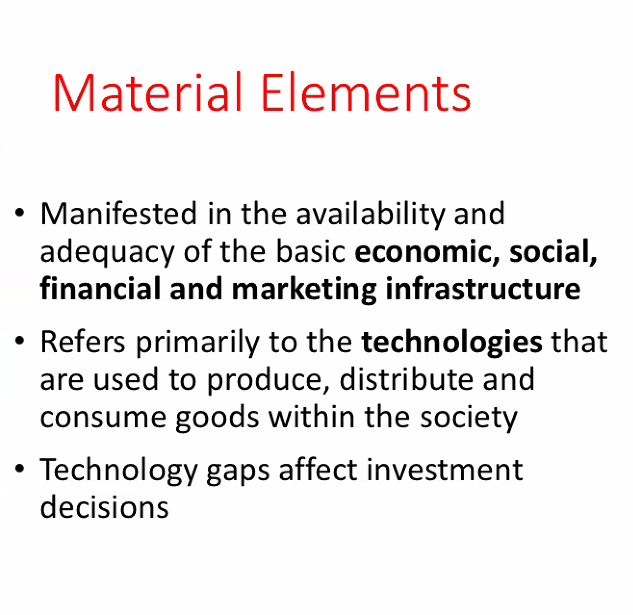8&9 - Cultural Elements Overview
Linguistic Distance - the degree of difference between two languages
the wider the distance, the more expensive it is to solve the gap
Group 6 - Coffee
Filipino product I mamarket natin
Why do u think this brand will be accepted by the market
Modify the product offering; either as is or why
30 points
10 cultural how it impacts target market
10 group collab
lure a new market to try the product
The caste system is a rigid, hereditary social stratification based on birth, while the class system is more fluid and based on factors like wealth, income, and occupation. In a caste system, an individual's social status is determined at birth and is largely fixed throughout life.

cultural dimensions of coutnry u worked w
Hofstede’s cultural dimensions theory
power distance - willingness of a culture to accept status and power differences among members
high power distance - tend to be hierarchical
low power distance - value equality
uncertainty avoidance
high - intolerant of ambiguity; don’t wanna divert from policies
ex. vegetable wash, powedered ketchup were far too innovative
low - greater readiness to take risks, less emotional resistance to change
cultural congruence - marketing products congruent as possible with exisiting cultural norms
individualism vs collectivism - cultural tendency to emphasize individual self-interests or group relationships
individualistic societies
collectivist societies - the higher the more
open innovation - you don’t gatekeep ideas
most european countries are highly indulgent